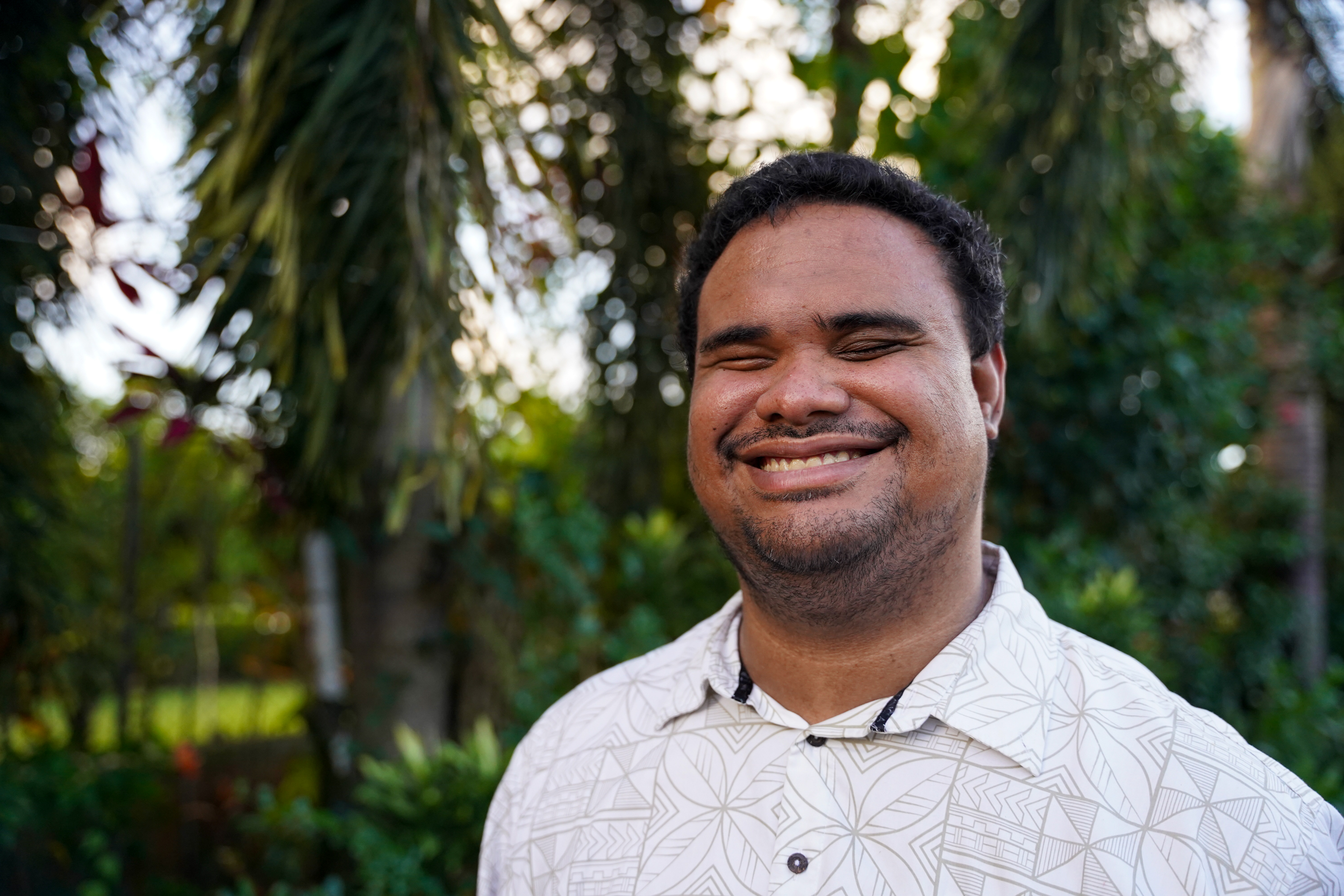
News
Pacific Myth As a Catalyst For Disability Justice
DJP Fellow Ari Hazelman Uses the Pacific Island Nations’ Rich History in Storytelling as Inspiration for His Advocacy Work
June 30, 2023
APIA, Samoa – Thirty-four-year-old Ari Hazelman is representing the Samoa Blind Persons Association in the Disability Justice Project’s program. As a filmmaker who is blind, he is exploring new ways of making accessible films with the help of the DJP.
Question: Tell me about your country and the government in your country in regard to persons with disabilities.
Answer: The government of Samoa ratified the CRPD (the Convention on the Rights of Persons with Disabilities) in 2016, and with the help of our advocacy organization for persons with disabilities called Nuanua O Le Alofa, we have been able to provide awareness programs for government as well as training programs, and we have also helped the government to review how they have been implementing some of the articles of this. Also, this new government that came into power last year has now introduced a disability benefit scheme, which is the first-ever social protection scheme for persons with disabilities.
Question: What is your kind of advocacy?
Answer: I think that being a fellow of the Disability Justice Project is very important because … the Disability Justice Project, through its training on advocacy journalism, will help organizations such as the Samoa Blind Persons Association to tell important stories that need to be heard by people in power and also by the citizens of Samoa and the world on issues that affect people who are blind and visually impaired as well as issues that affect persons with disabilities living in Samoa.
Question: Why are you attending this workshop?
Answer: I think that attending this workshop is very important because it is giving us the tools so that we may use these tools to tell stories. We in the Pacific are very good at telling stories. When we think about our myths and legends that we have in our Pacific culture, that’s part of the stories that we grow up with as children. So we always use these stories to teach our children and our societies about good things in life. So when you put it to the disability field, using the stories that we can document through the knowledge that we learn in this workshop will help us to tell our stories and use those stories to make a positive change in our society.
DJP Fellow Terubeioma (Ruby) Napetari is a member of Te Toa Matoa, the umbrella organization for people with disabilities in Kiribati. She is a theater director and a composer who works with women and youth with disabilities and NGOs to help deliver their messages to communities through drama and song. @2023 Te Toa Matoa. All rights reserved.
News From the Global Frontlines of Disability Justice
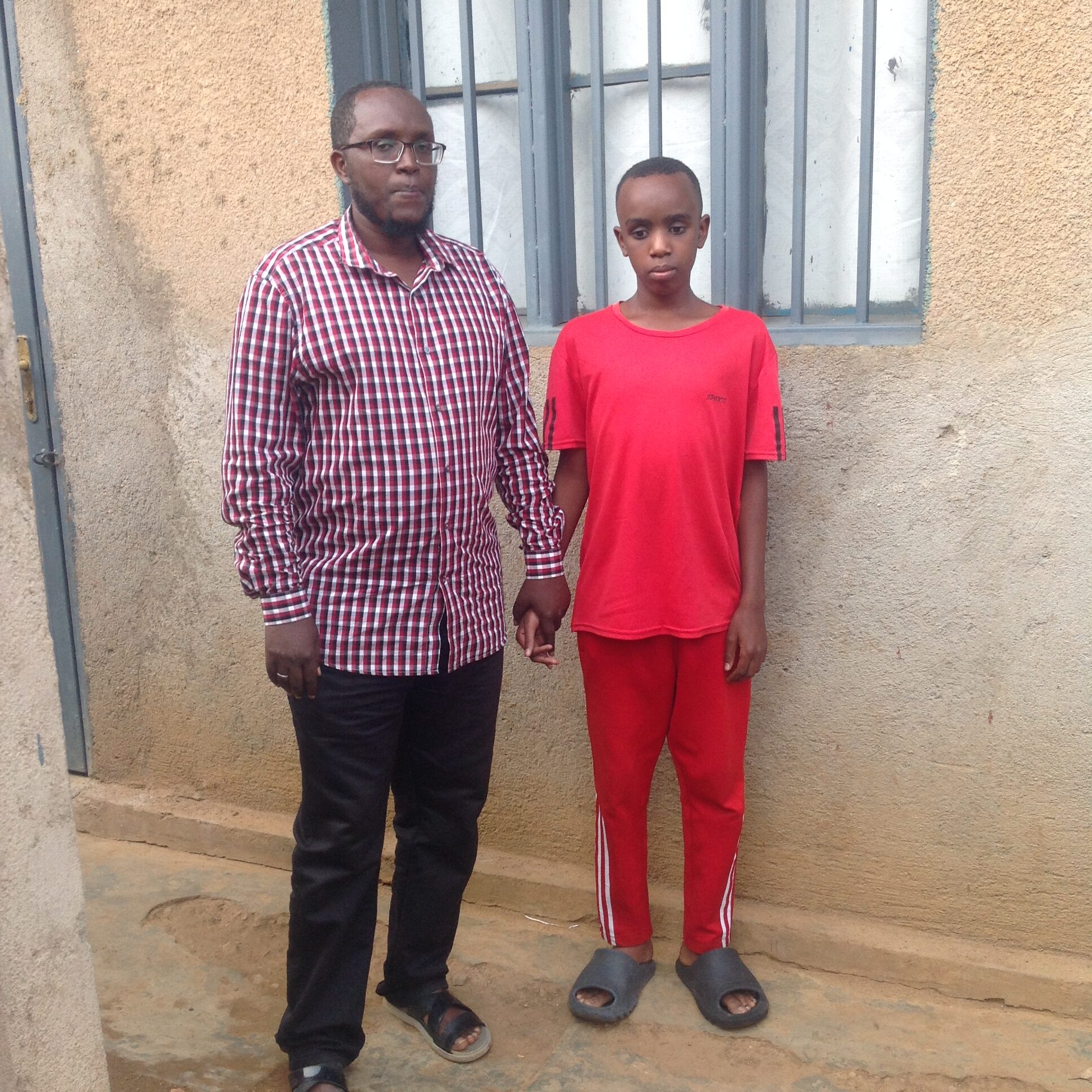
‘I Just Want to Walk Alone’
Fourteen-year-old Saifi Qudra relies on others to move safely through his day. Like many blind children in Rwanda, he has never had a white cane. His father, Mussah Habineza, escorts him everywhere. “He wants to walk like other children,” Habineza says, “He wants to be free.” Across Rwanda, the absence of white canes limits children’s mobility, confidence, and opportunity. For families, it also shapes daily routines, futures, and the boundaries of independence.
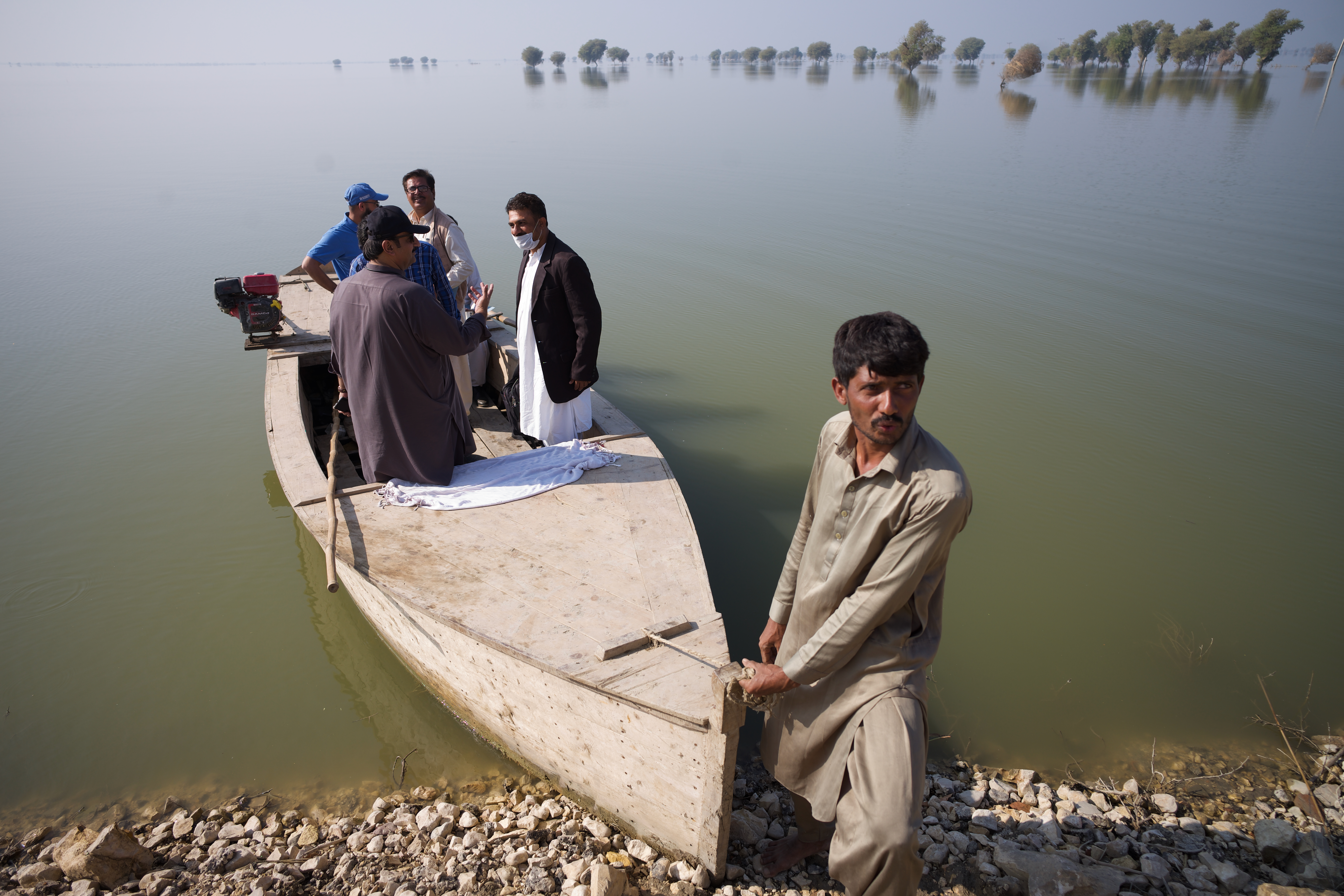
‘Evacuation Routes Are Meant for People Who Can Run’
As climate change and conflict intensify across Pakistan, emergency systems continue to exclude people with disabilities. Warning messages, evacuation routes, and shelters are often inaccessible, leaving many without critical information when floods or violence erupt. “Evacuation routes are built for people who can run,” Deaf author and policy advocate Kashaf Alvi says, “and information is broadcast in ways that a significant population cannot access.”
Read more about ‘Evacuation Routes Are Meant for People Who Can Run’
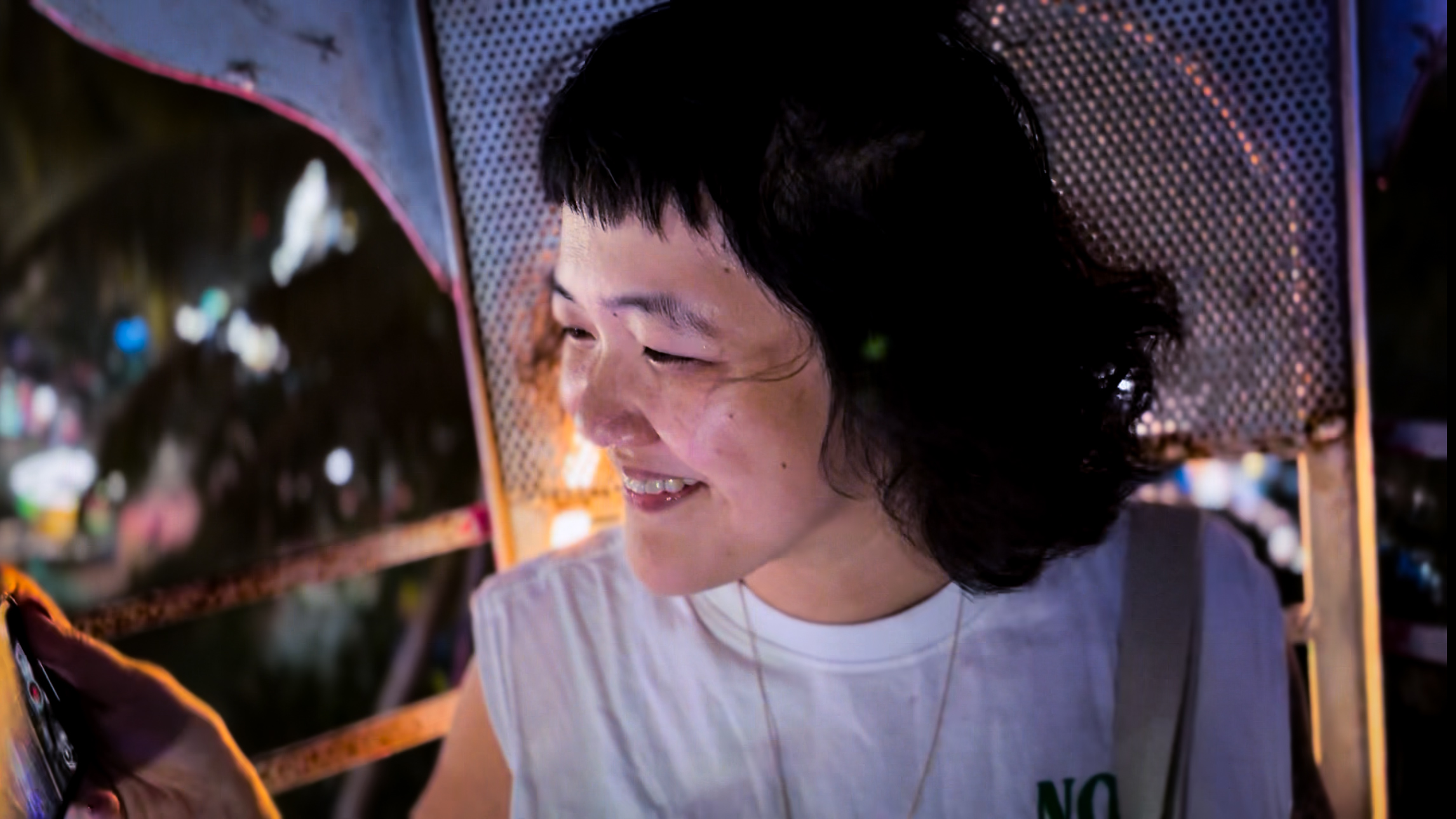
Autism, Reframed
Late in life, Malaysian filmmaker Beatrice Leong learned she was autistic and began reckoning with decades of misdiagnosis, harm, and erasure. What started as interviews with other late-diagnosed women became a decision to tell her own story, on her own terms. In The Myth of Monsters, Leong reframes autism through lived experience, using filmmaking as an act of self-definition and political refusal.
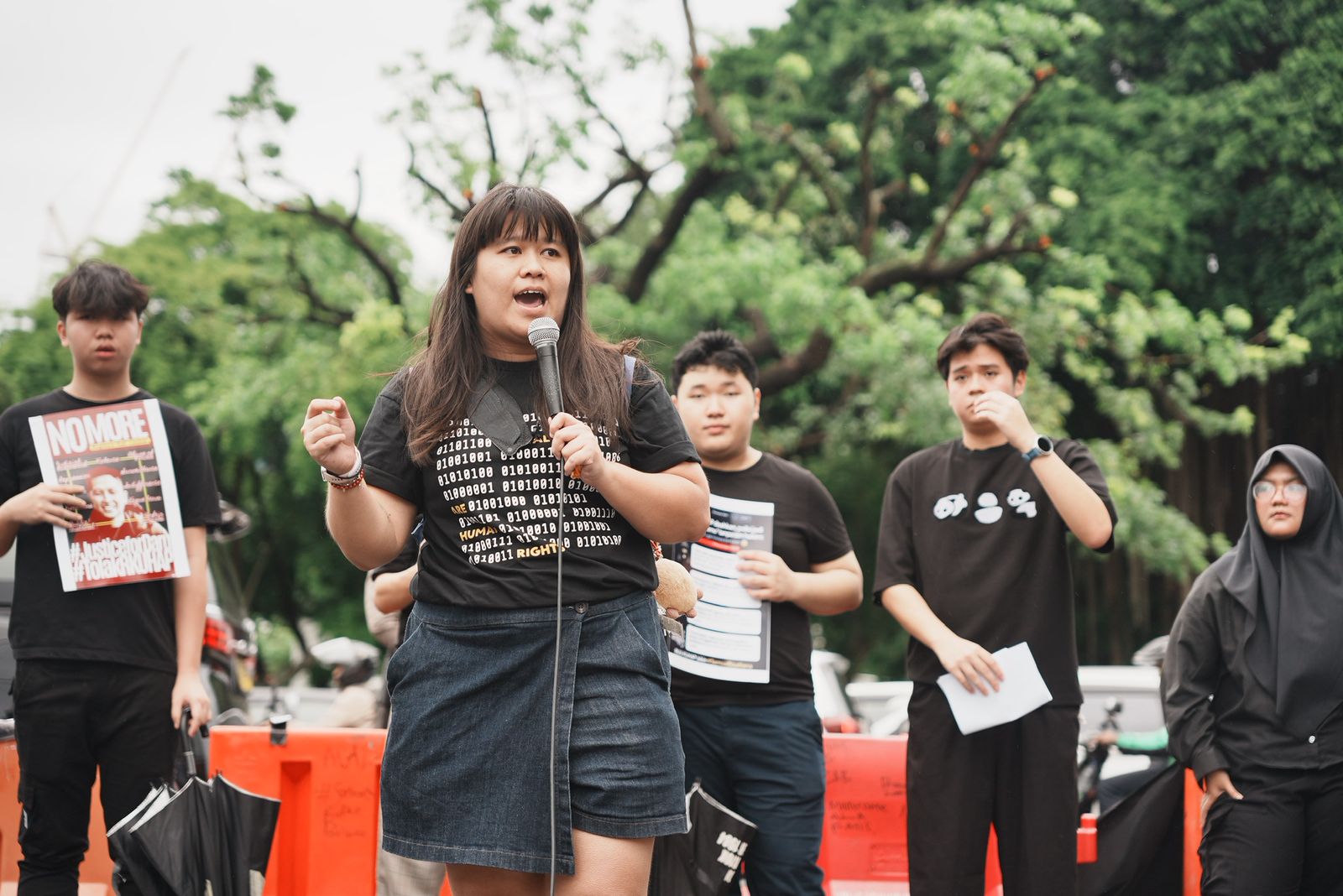
Disability and Due Process
As Indonesia overhauls its criminal code, disability rights advocates say long-standing barriers are being reinforced rather than removed. Nena Hutahaean, a lawyer and activist, warns the new code treats disability through a charitable lens rather than as a matter of rights. “Persons with disabilities aren’t supported to be independent and empowered,” she says. “… They’re considered incapable.”

Disability in a Time of War
Ukraine’s long-standing system of institutionalizing children with disabilities has only worsened under the pressures of war. While some facilities received funding to rebuild, children with the highest support needs were left in overcrowded, understaffed institutions where neglect deepened as the conflict escalated. “The war brought incredibly immediate, visceral dangers for this population,” says DRI’s Eric Rosenthal. “Once the war hit, they were immediately left behind.”
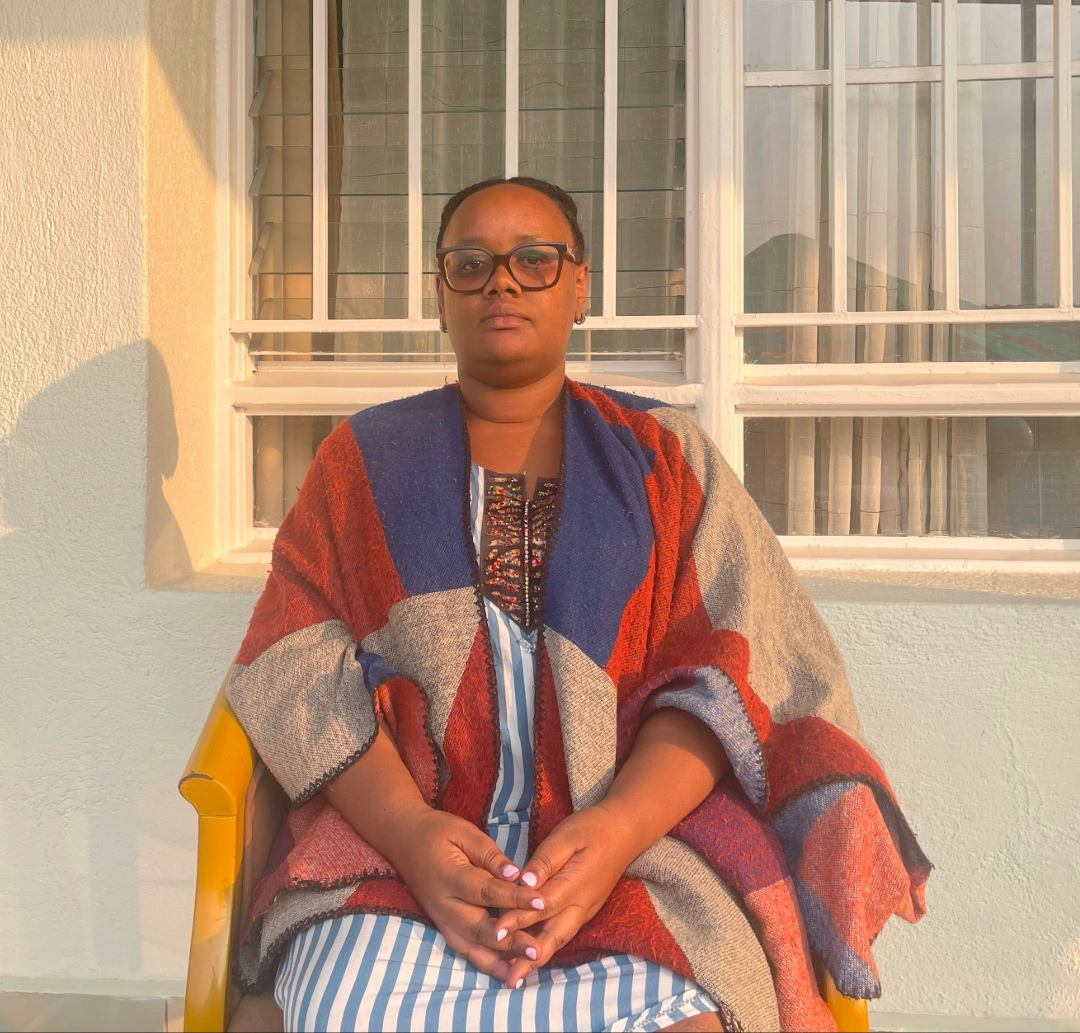
The Language Gap
More than a year after the launch of Rwanda’s Sign Language Dictionary, Deaf communities are still waiting for the government to make it official. Without Cabinet recognition, communication in classrooms, hospitals, and courts remains inconsistent. “In the hospital, we still write down symptoms or point to pictures,” says Jannat Umuhoza. “If doctors used sign language from the dictionary, I would feel safe and understood.”